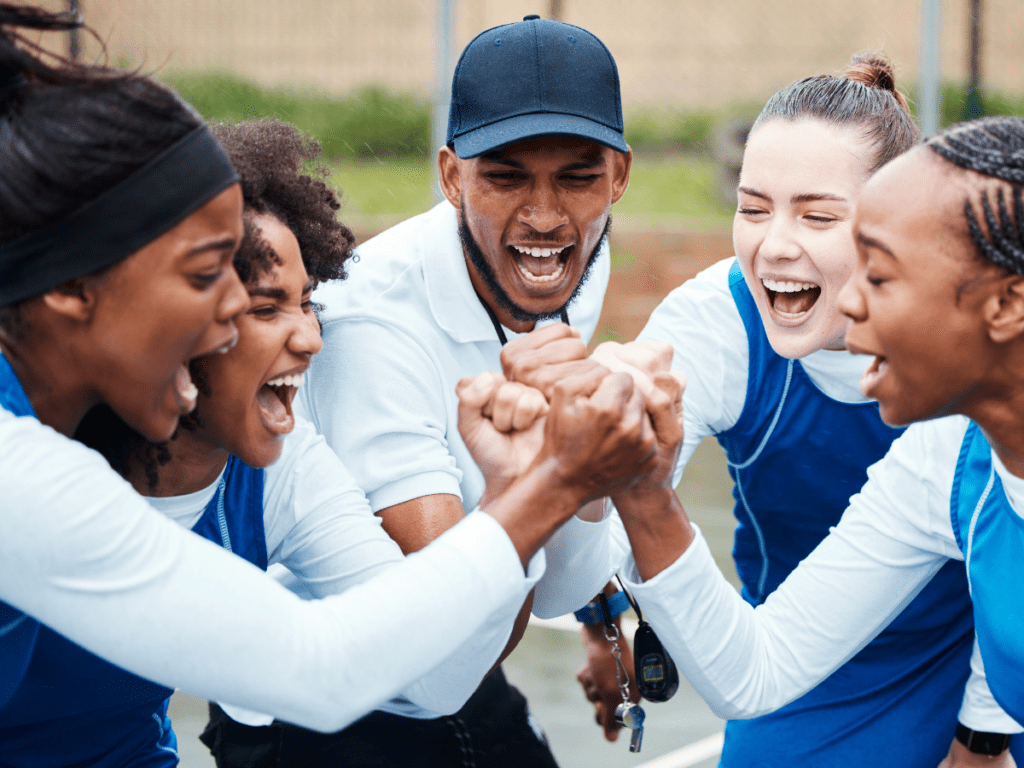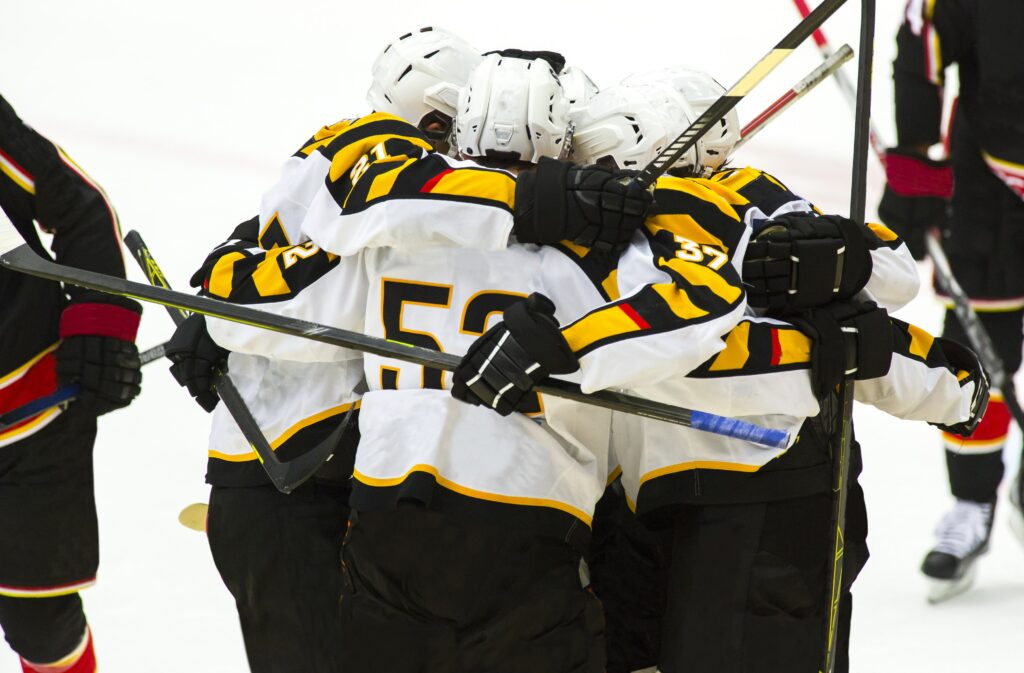High performance mindset
There are many things that go into a podium-level performance. Interestingly, World, Olympic, and Paralympic champions report that mental skills were more critical to their performance than physical factors. Interpersonal support, performance strategies, and lifestyle are other factors that can help develop high-performing athletes.
Fighting dementia with play
Combined physical and mental training disguised as play can support healthy aging. Using an “Exergame,” similar to Wii Fit or Dance Dance Revolution, adults living with dementia showed significant improvements in reaction time and cognitive skills, such as attention, concentration, memory, and orientation.
Trauma-sensitive play
Children acting out on the field or in the pool may lack the skills to regulate their thoughts, emotions, and behaviours; rather than the will to respond in prosocial ways. Trauma-sensitive play can help build children’s skills and resilience.
Ultramarathons
Ultramarathons – 50 miles, 100 miles, or longer – test an athlete’s body and mind. These races offer extreme challenges, from pain in muscles and joints, to gastrointestinal distress, to blisters, chafing, mental fatigue and dehydration. Learn how an athlete must learn to navigate these challenges in this video.
Leadership behaviour
Athletes like Christine Sinclair, Sydney Crosby or Willie O’Ree have exceptional skills; but what distinguishes them as leaders is their behaviour. Great work ethic, showing care for teammates, being accountable, acting in ways that reinforce positive team norms – these are examples of behaviours that help athletes emerge as leaders within a team.
Self-compassion and mental toughness
Research shows self-compassionate athletes rehabilitating from injury tend to be more mentally tough, perceive having more coping resources, and experience less self-criticism. In fact, self-compassion might allow injured athletes to access a healthier version of mental toughness, characterized by acceptance and wise actions, as opposed to a mental toughness characterized by making poor decisions to…
Self-Compassion in Sport 101

If you have been involved in the coaching or administrative side of competitive sport, chances are you have seen athletes experience emotionally difficult setbacks. These setbacks can range from devastating performance failures (e.g., “choking” during an important competition), to facing harsh, negative evaluations by others (e.g., spectators, teammates, competitors, parents) and/or themselves (the self-critic is…
Perception of effort
Perception of effort – the conscious sensation of how hard, heavy, and strenuous a physical task is – is the ultimate determinant of endurance performance. Goal-setting, motivation, and self-talk are mental skills athletes can use to engage their minds to support performance before and during arduous endurance tasks.
Solution-Focused Mindset
Is focusing on the negatives of the COVID-19 pandemic increasing your stress and decreasing your motivation? Adopting a solution-focused mindset means challenging yourself to find new and better ways to cope with the current realities. Research shows this shift in mindset can increase self-confidence and promote a positive mood.
“If it Ain’t Broke Don’t Fix it:” Managing Subgroups in Sport

This blog is the final installment in a series in collaboration with Queen’s University. As an assignment to build knowledge mobilization skills, Dr. Luc Martin, Associate Professor in the School of Kinesiology and Health Studies, tasked students in his third year team dynamics course to write a SIRC blog. The top five were submitted to and published by…